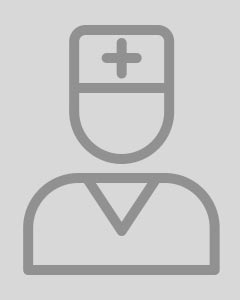Helping teens make the leap into adulthood
Yesterday, I met an 18-year-old young man who was coming in for his yearly physical for the first time. He had previously been followed by a general pediatrician, but he felt it was time to move out of the pediatric care setting into a health home that specializes in caring for adolescents and young adults. “Why?” I asked. To this he responded, "Because I felt it was time. I am not a child anymore."
Retelling his health history with ease, he told me about his cerebral palsy, his prior surgeries and hospitalizations and the names of the many specialists involved in his care. We talked a lot about what turning 18 meant for him: growing up, moving out, peers, relationships, career plans and the many things that matter to teens. This was a young man well prepared to take responsibility for his own health.
His visit made me think about adolescent medicine and what it is I do best as a specialist. I partner with youth who have special health care needs. By providing health education and guidance, I help prepare them for the time when they become the keepers of their own health. However, as I care for youth ages 11-21, I also look beyond physical health and think about how I can best support their social and psychological growth.
For new patients previously cared for by general providers and who may not be used to the adolescent health model, I often start our conversations with the assurance that I am not a shrink, and I am not trying to get into their heads. Once at ease, I routinely talk to teens about academics, careers and preparing themselves for success.
Several years ago, I asked a bright and cheery 15-year-old who was in for a health visit about her future plans. “Whatever I do will involve animals, but I have not quite decided yet. It’s a toss-up between becoming a veterinarian or a dog walker,” she said. What followed was a lengthy conversation about achievement and aiming high.
Recognizing that many adult health behaviors are formed during the teen years, I spend a fair amount of time talking with teens about healthy eating, keeping active and the importance of a positive self-image. I routinely discuss topics that range from sexuality and emotional health to substance abuse – important topics teens often have difficulty talking about with parents and caregivers.
While the teenage years can be tough, adolescent medicine physicians can be valuable and trusted resources for parents and teens alike.







